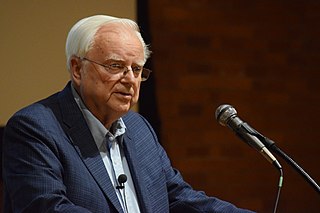A Quote by Carolyn Porco
Titan is the one place in our solar system whose geographical and atmospheric diversity and complexity are rivaled only by the Earth's. It's very Earth-like, but it's also very different, which means we have a lot to learn as well as a prayer of understanding what we find.
Related Quotes
If anything, when you're up in space and you're inside a space ship, which is your home, and without which you would not survive, you know that Earth is your home. This is the only place you can return. In fact we're very meticulous. Part of our job is to maintain the spaceship. If we apply the same kind of model to Earth maybe we'd have a different outlook.
While the Copernican principle comes with no guarantees that it will forever guide us to cosmic truths, it's worked quite well so far: not only is Earth not in the center of the solar system, but the solar system is not in the center of the Milky Way galaxy, the Milky Way galaxy is not in the center of the universe, and it may come to pass that our universe is just one of many that comprise a multiverse. And in case you're one of those people who thinks that the edge may be a special place, we are not at the edge of anything either.
No one, it has been said, will ever look at the Moon in the same way again. More significantly can one say that no one will ever look at the earth in the same way. Man had to free himself from earth to perceive both its diminutive place in a solar system and its inestimable value as a life -fostering planet. As earthmen, we may have taken another step into adulthood. We can see our planet earth with detachment, with tenderness, with some shame and pity, but at last also with love.
Discovering that our solar system has many more planets than we ever expected, and that most of them are ice dwarfs rather than like Earth and the other rocky terrestrials, is just another step in the revolution in viewpoint that removed the Earth from the center of the physical universe and makes Earth all the more special.
Man, especially in our time, has without hesitation devastated wooded plains and valleys, polluted waters, disfigured the earth's habitat, made the air unbreathable, disturbed the hydro-geological and atmospheric systems, turned luxuriant areas into deserts and undertaken forms of unrestrained industrialization, degrading that 'flower bed'-which is the earth, our dwelling place.

































